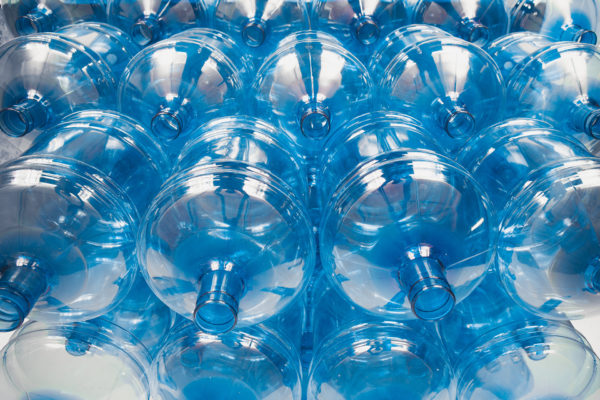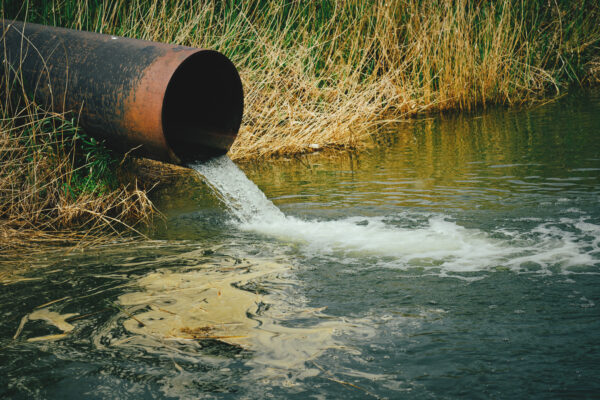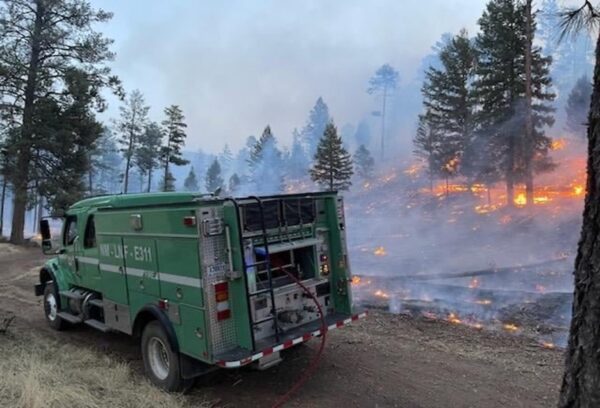“But My Water Is Fine!” — Lessons Learned in Promoting Well Test Kits to Consumers

Many contaminants that can cause both short-term and long-term health effects have no taste, odor or color. If they are present in well water, a consumer — even one who has been drinking the water for years — would never know it. The only way to find out for sure is to test the well periodically.
And yet, how many times have we heard a well owner say one of the following?
- “I’ve been drinking that water my whole life, and I’m not sick.”
- “My well water is so much better tasting than town water.”
- “There’s nothing wrong with my water; it doesn’t need testing.”
- “MY water is FINE!”
To help these consumers continue to enjoy their water safely, Delaware’s Division of Public Health (DPH) has offered a program for several years where well owners can purchase a two-bottle well test kit for $4. This allows them to sample their well water and have it tested by the state’s own lab for the most common contaminants found in the area: bacteria, nitrates, sulfur, manganese and the like.
In 2019, DPH’s Drinking Water State Revolving Fund (DWSRF) program contracted with SERCAP to provide a series of workshops for well owners and to distribute these same test kits for free to all who requested them. SERCAP held seven in-person workshops for well owners in different locations in the two lower Delaware counties. Despite best attempts, the attendance was disappointing overall, with most workshops serving less than six (6) people. SERCAP resolved to alter the program in the second year, using lessons learned from the 2019 efforts.
Part of the original intent of the program was for SERCAP to plot the water test results in order to identify any contaminant plumes. However, a disconnect with the state lab resulted in only the owners receiving the test reports, not SERCAP.
When 2020 came around, so did COVID, and the program was delayed by state-required isolation and SERCAP restrictions on staff contact from March to mid-June. Workshops were switched to a virtual format and attendance improved, with evening sessions being the most popular. Without the need to travel to on-site locations for the workshops, staff time was reduced, and budgeted funds were re-purposed to buy padded envelopes and pay postage to mail out the test kits, along with instructions for proper bacteria sampling.
When Senator Tom Carper visited the SERCAP office in Frankford, he gave the program a tremendous boost because the event was covered by all the local TV stations. This helped spread the message that the free sample kits were available to the public. Between the news broadcasts in late November and the end of the grant in December, SERCAP’s Delaware office handed out 184 well test kits.
The plan for a future grant round is to use the 2019 mailing list to survey recipients on whether they actually used their kits, and to ask if they will share a copy of their results with SERCAP for the purposes of mapping results and identifying potential problem areas.
Well experts recommend testing private wells every year for bacteria and pH, and every year or two for nitrate — especially in agricultural areas or places where nitrogen might be more prevalent. Private labs can charge upwards of $100 for the same array of tests that the Delaware private well kits cover, so the $4 test kits are a bargain any time of the year. Still, advertising that a $4 test was available for free apparently made a big difference in people’s willingness to test their well water.
Not all states have robust, subsidized programs as is the case with Delaware. Because of this, RCAP has developed a national private well program to help educate and serve the more than 23 million well owners across America. The program, funded by the Environmental Protection Agency, provides outreach, education, and technical assistance to well owners, private well professionals and key stakeholders. Because most well owners have no idea what is in their water, in 2020, RCAP added a free well test kit addition to our existing programming based on feedback around homeowner demand. For more information on this program and to find out who to contact for private well support in your state, please check out our private well webpage: https://www.rcap.org/environmental-programs/private-wells/.


